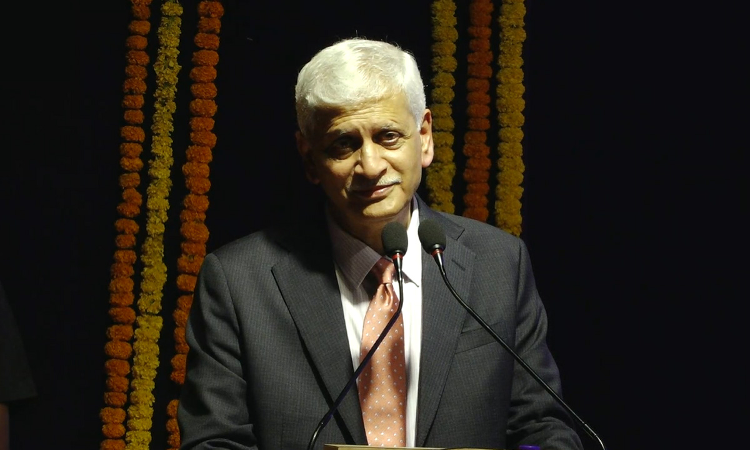Next Story
11 Feb 2023 9:29 AM IST
Former Chief Justice of India Justice UU Lalit on being asked if the collegium system required to be changed, answered in a firm negative. Justice Lalit was speaking on 'Why Study Law: Social Duty and Legal Responsibility' at the inaugural session of the 12th edition of ThinkEdu Conclave on February 9 2023. When a person asked him if the collegium system should be changed he said–"The...

